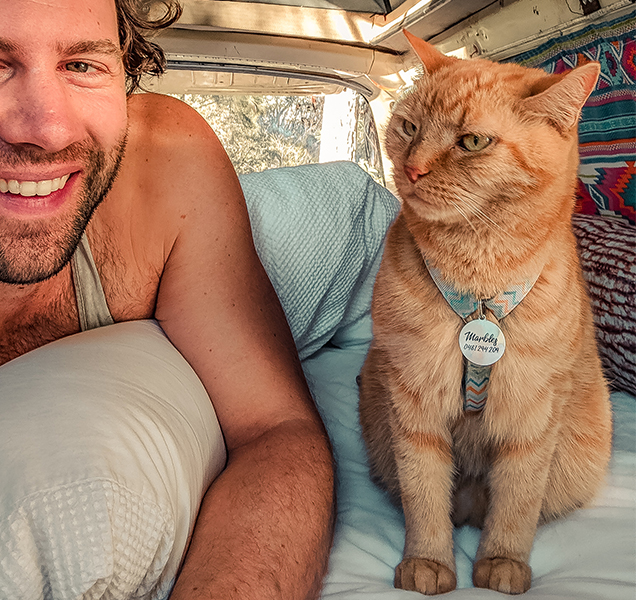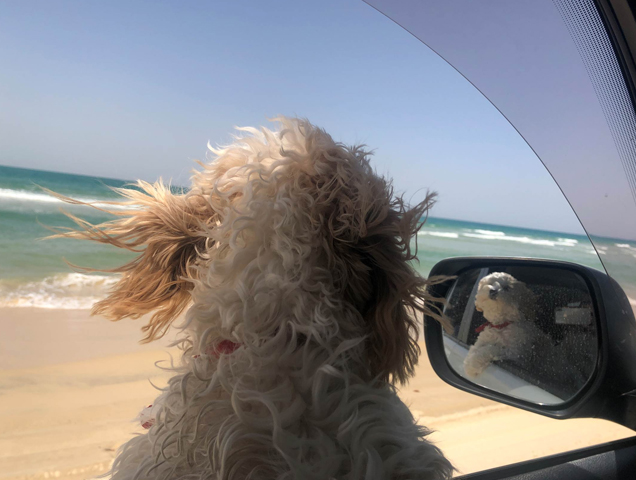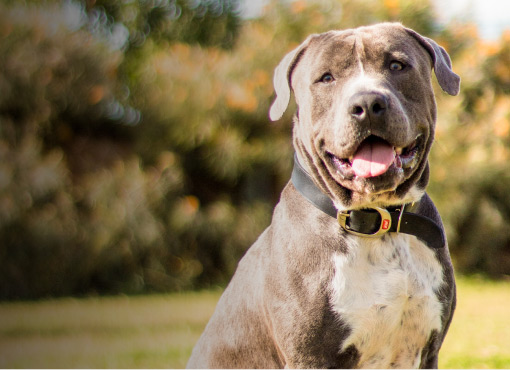Mister Dog was adopted by camping enthusiasts Trinity and James, and they love taking him along with them on their adventures! “Everything in life is better shared with those you love, and we love our dog,” said Trinity.
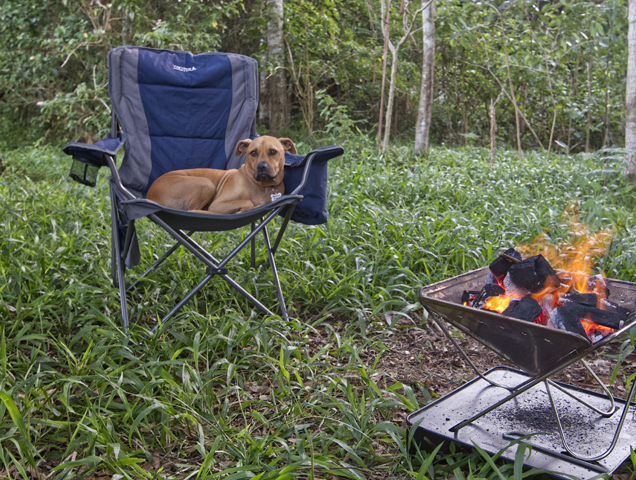
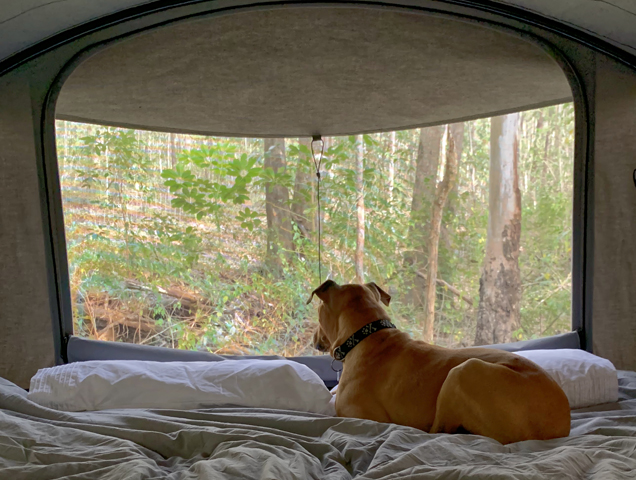
Australians love our pets, and it shows! Statistically speaking there are as many pets as there are people in Australia - a whopping 24 million! Because of this, the camping scene is evolving to become a lot more pet-friendly, making it easier and safer for us to bring our fur-babies along on our adventures in the great outdoors.
This being said, planning ahead is the best way to ensure the highest level of safety and fun, while still meeting any legal requirements. Here's what you must do before bringing your fur-baby camping:
- Call the campsite management ahead of time to make sure they allow pets. Also note that pets are never allowed in National Parks.
- Locate the closest veterinary surgery in the event of an accident or emergency.
- Get a pet first aid kit, and make sure it includes a tick remover.
- Make sure your contact details are up-to-date and displayed clearly on your pet’s collar. Registering and microchipping your pet is also a good idea.
- Make sure your pet's vaccines are up-to-date. If your pet requires medication, make sure you have enough to last the trip.
- Look for suitable off-leash areas for your dog to exercise and play safely.
- Bring your pet’s favourite things from home, including bowls, bedding and food. If your cat is crate trained, bring this too for when kitty needs some down time.
- Consider how your pet deals with new environments. While some pets adapt easily to new surroundings and even get excited, for others it can be a scary, confusing and stressful experience. No one knows your pet better than you do, so make sure to take their personality into account before you take them out of their comfort zone.
- While travelling, make sure all your pets needs are met. Make sure they have enough water, that they aren't too hot, and to avoid car sickness it may be best to postpone meals until you reach your destination. It is also important to keep your pet secure- for dogs this means using a doggy harness seatbelt, and for cats make sure their crate is secured.
- Finally, never leave a pet in a car unattended, and give them familiar toys and a blanket to give them a sense of familiarity and comfort.
When you arrive at your camping destination, always monitor your pets and don't leave them to their own devices for too long. Let them have fun but make sure they aren't bothering other campers or harming wildlife, and for everyone's comfort ensure any 'mistakes' are cleaned up!
For more information and tips for travelling with pets, visit The Pet Care Travel Guide from RSPCA Pet Insurance.


